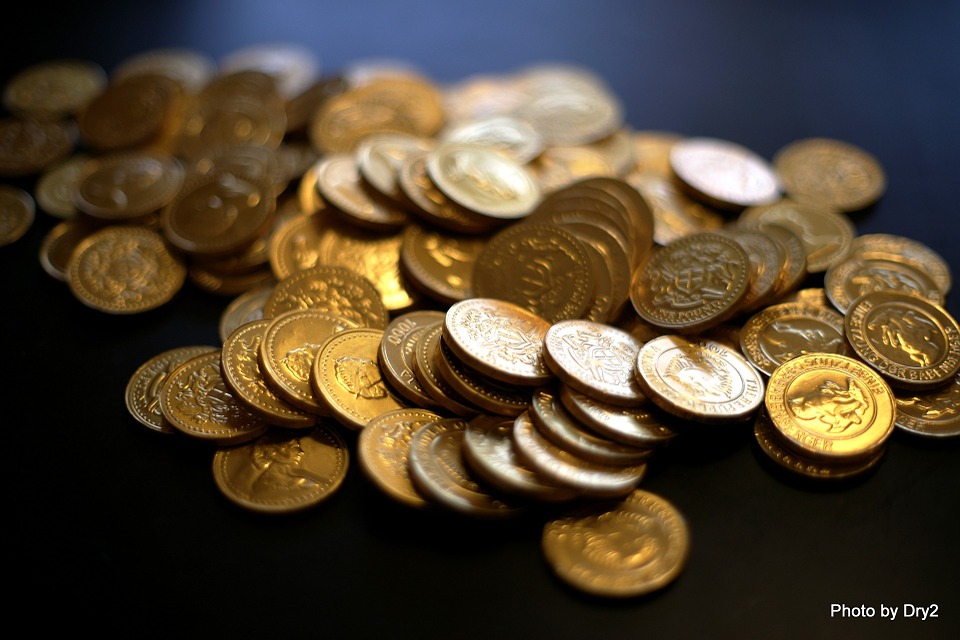
18 Apr Game Design Lessons #12: Refunds
One thing that any kickstarter or game creators will be faced with sooner or later is Refunds.
Refunds are important. For backers and customers, they provide a reassurance that if they’re not happy, they don’t have to feel ripped off. But on the other hand, it also gives a project creator much more power as well. At first that might seem like a strange idea. How could giving a refund give you the power?
Well it’s a bit like this – you create a product. You love it and think others should love it as well. If you’re a one-man-band then you’re most-likely cash-poor and ideas-rich. Meaning you’ll always be worried about how to pay for art, printing, shipping…and so on. Then someone buys your product. Later on you deliver it to them, all in good faith, and they don’t like what they get.
Oh boy. You see, you now have to try your best to fix it (which you should, if it’s an error on your end), or listen to them complaining (if the product is what you promised, but they don’t like it for whatever other reason). Or they are upset with you… or whatever.
The point is, they’re not happy with your product, but they have paid you for it. This now leaves an imbalance in your relations, so to speak. They will likely feel a bit like you “owe them” and you may likewise feel a bit bad that you took their money and they’re weren’t happy. You know what it’s like when you pay somebody for something that they haven’t delivered… it’s unpleasant.
However, if you then refund them the money (per whatever policy you have), then the balance is restored. What are they going to complain about then? What could they be upset about? It’s pretty difficult for them to continue to feel annoyed with you. Particularly if you are prompt with that refund.
Imagine the conversation:
“Your book stinks, I didn’t think this was worth $100, how could you possibly charge that? What a rip off!”
“No worries. I’ll pay you back the money immediately. What’s your account details?”
“Oh… good. Thanks.”
I think it makes life more simple for you, more calm and you keep your own position. Let’s face it, no one likes to take money from someone when that person is unhappy about it. So you keep the basic covenant between yourself and the backers clean: they like your product, they pay for it. If they don’t like your product, they don’t pay for it. End of story. There’s also a certain level of faith that you then have in your product, a certain level of commitment and belief that what you are doing will turn out right in the end.
For myself, one way of ensuring my backers were happy with my product was to be transparent with the manuscript, lots of the art, what I was doing, where I was up to, and responding to individual queries, critiques, editing and so on.
I actually haven’t written down my refund policy anywhere, though I certainly should, and I should put it down on the website (that means others should too… it’s a good lesson I’ve learnt). That’s really company basics 101. It’s also a great idea to have this on your Kickstarter page.
I follow Jamey Stegmaier’s lead on this though. I believe that within a reasonable time frame, a customer can return a product or cancel a pledge and I will refund them the full amount, no questions asked. I don’t want there to be hard feelings between myself and backers, and if they don’t want the product, then no worries (actually, that’s a real Australian thing too… we don’t like to complain, but we don’t like making a fuss either – go figure!).
Mull it over. Look around. Search on google for “refund policies” and you’ll no doubt find a lot of very useful material.
~Oliver
—–
Ah, you’re still reading! Well to see what we do, check out a free copy of our Quick Start Rules for Infected Zombie RPG here, and check out the website here. Pre-Orders are still available for a couple more weeks, get in while they’re hot (off the press, that is).
We also have more articles on our website – some of them might even be related to this one:
Game Design Lessons #11: What My Cat Taught Me About Game Design
Game Design Lesson #7: Art. What Is It Good For?
GMing Lessons #14: My Gaming Revolution
Game Design Lesson #6: Road to Kickstarter: Where Do You Start?


No Comments